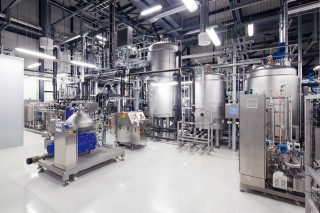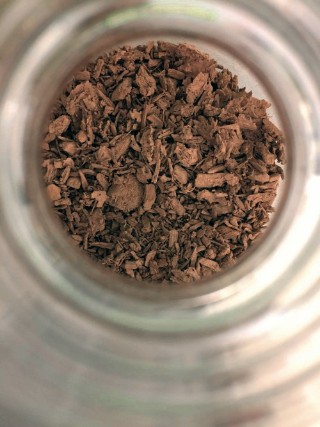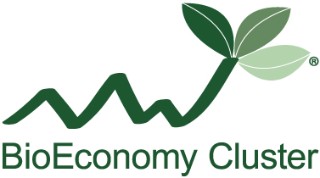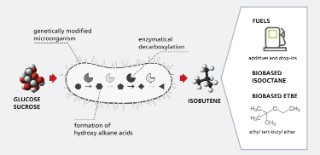Fraunhofer CBP is working successfully in numerous (joint) projects funded by German Federal Ministries or by foundations. Here we present a selection of current and completed projects.
On June 1, 2020, the BioSPRINT project - “Biorefining of sugars through process intensification” - started in an unfamiliar environment. At the kick-off meeting online, project goals and measures were discussed for the 4-year project, which has a financial volume of 6.1 million euros and in which 12 partners are researching bio-based synthetic resins made from hemicellulose under the patronage of DECHEMA.
more info Fraunhofer Center for Chemical-Biotechnological Processes CBP
Fraunhofer Center for Chemical-Biotechnological Processes CBP




